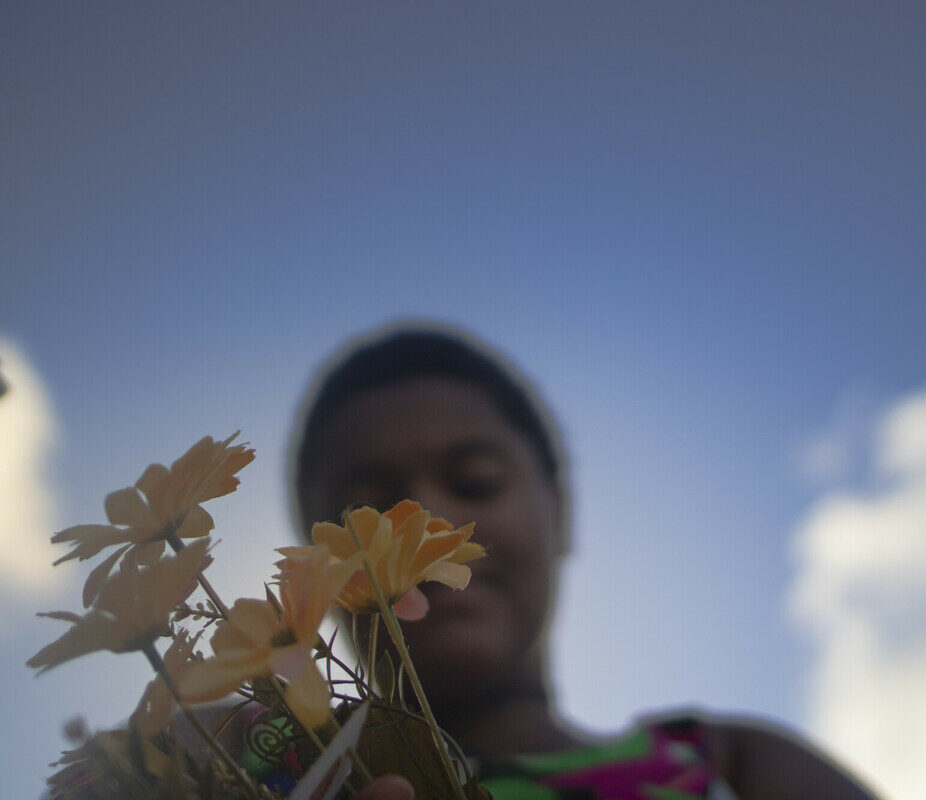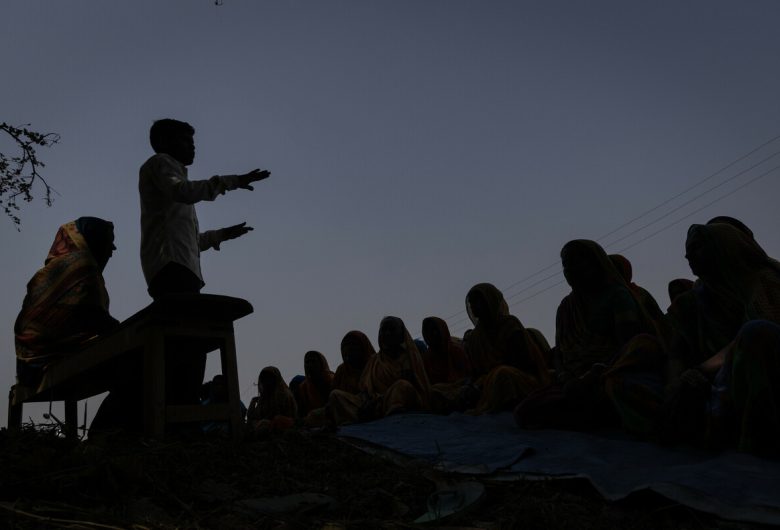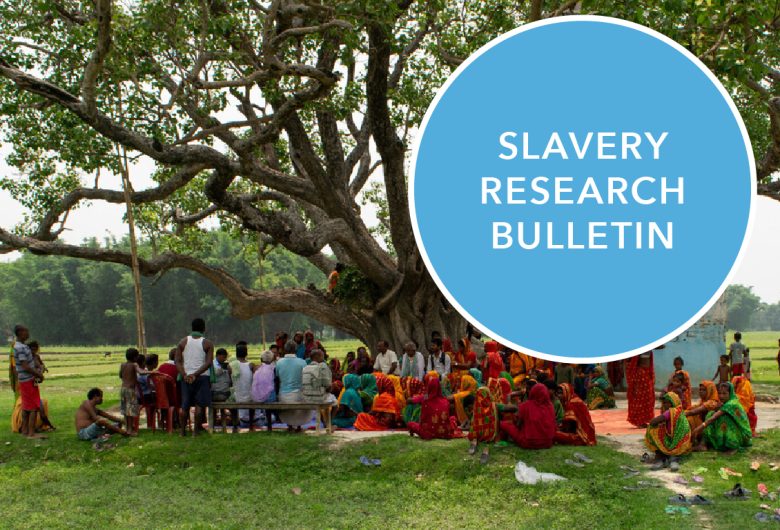Welcome to the Freedom Fund’s monthly bulletin designed to bring you new and compelling research from the global anti-slavery movement.
Modern slavery risks among people lacking official documents
The United Nations University Centre for Policy Research and The Freedom Fund consolidate global evidence on the intersection between modern slavery and access to official documentation. Drawing from over 150 sources, the report highlights that an estimated 850 million people globally lack official documentation, with half of them being children. The absence of birth certificates and identity cards impedes access to government services and legal protections. The report argues that providing documentation to those at risk or survivors of modern slavery would reduce their vulnerability, laying a foundational step towards improving their socio-economic situation and resilience against exploitation.
ILO estimates huge illegal profits generated from forced labour
The International Labour Organization (ILO) estimates the illegal profits from forced labour. Annually, profits generated from privately-imposed forced labour are estimated to be US $9,995 per victim, amounting to US $236 billion globally. This represents a US $64 billion increase from the 2014 estimate, adjusted for inflation. Although people in forced commercial sexual exploitation make up only 27 percent of the global victim population, this group accounts for 73 percent of the total illegal profits. Additionally, unlawful recruitment practices — including fees charged by employers, recruiters, travel intermediaries, or by corrupt officials demanding bribes or kickbacks — contribute US $5.6 billion annually to these illegal profits.
Global increase in child labour due to the covid-19 pandemic
A study led by the American University of Beirut examines emerging patterns of child labour in the aftermath of covid-19. Through a review of 45 articles, the study identifies economic hardship, temporary school closures, increased demand for child workers, parental mortality, and limited social protection as primary risk factors. Children from households experiencing a loss of over half their income are 1.3 times more likely to report involvement in child labour. Additionally, more than 54 percent of children surveyed globally reported an increase in domestic work, a burden disproportionately placed on girls, and often neglected in national laws and labour inspections.
The potential of edutainment to change violence-related behaviours
The University of North Carolina at Chapel Hill reviews the impact of edutainment (educate through entertainment) interventions on violence-related norms and behaviours in low- and middle-income countries. Drawing from 22 studies, the review observed the strongest impact of edutainment on female genital mutilation, with a 100 percent reduction in behaviours. Among studies on child marriage, three out of the four interventions included in the review produced a positive and sustained effect on social norms. In Pakistan, a video of a street theatre performance plus follow-up discussions reduced child marriage by 45 percent, and in Nigeria, a video plus m-learning app reduced adolescent parenthood (linked to child marriage) by 13 percent.
Gaps in anti-human trafficking efforts in Sub-Saharan Africa (SSA) countries
Researchers from Ohio State Universityconduct a scoping review of 12 human trafficking studies in the SSA region, primarily on interventions against sex trafficking or child labour. The study found that differences in perspectives between local communities and implementers regarding poverty, gender norms, child labour, and family expectations hindered effective outcomes. Furthermore, mismatches between the support offered and the needs of clients also contributed to ineffective results. It also emphasised the importance of understanding local institutions and client characteristics, and valuing indigenous knowledge, in order to make interventions meaningful to the operating context.
Read on
University of Leicester explores the role of sex buyers in preventing online sexual exploitation in the UK.
The ODI assesses the changing social norms around the age of marriage in Afghanistan, with marital age declining in response to the Taliban’s restrictions and security concerns.
University of Antwerp analyses the longer-term impact of cash transfer programs and found mixed effects on child labour and early marriage.
Freedom Fund news
Freedom Fund’s Director of Programs, Havovi Wadia, discusses the importance of thoughtful exits from grants to minimise disruptions and ensure sustained impact. Read the Humentum article.
Visit our Newsroom for more updates.
Research library
Visit our Slavery Research Library to access anti-slavery resources from across the globe.
Contact
The Slavery Research Bulletin is produced monthly by the Freedom Fund, a global fund with the sole aim of helping end modern slavery.
Research being featured in this bulletin does not equal endorsement by the Freedom Fund.
Click here to sign up to the Slavery Research Bulletin mailing list.
Photo credit: Jittrapon Kaicome / The Freedom Fund



